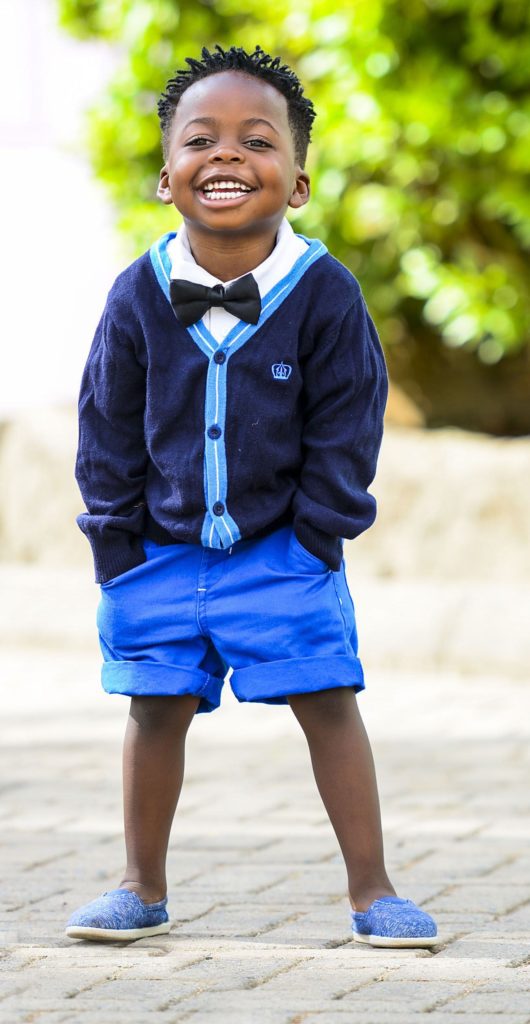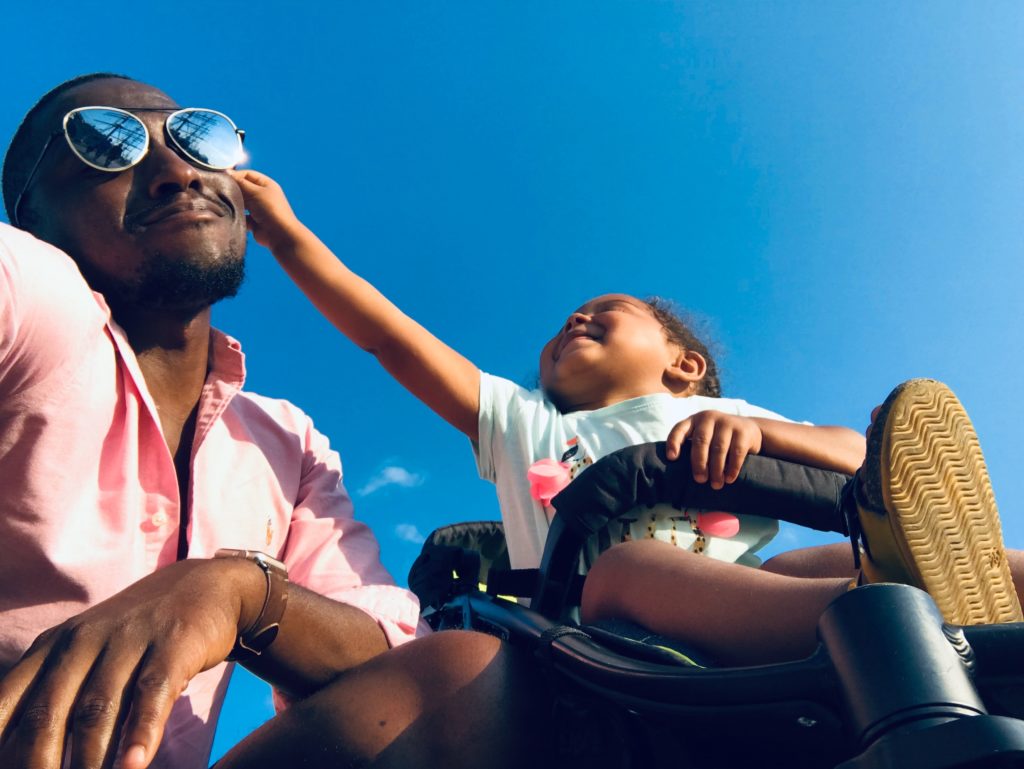We all want our children to grow into responsible adults who are capable of handling their problems, maintaining their homes, caring for their future families, and doing good work in their jobs.
But that’s a long way off, and there’s a lot to do before you get there!
Don’t stress. Teaching responsibility comes little by little. See responsibility as a joyful development for your child, and you’ll be able to teach it step by step.
Begin Young
Don’t wait until your child is a teenager to expect them to take responsibility around the house and in their life. Begin when they are small — right now — and expect that this is a skill they can learn.
Teach Them
Just like you shouldn’t wait until your child is a teenager to take on responsibilities, don’t throw them into something now without taking the time to teach them what to do.
Don’t say, “Dust the living room” without first showing them the steps to take. And remember — they may need you to teach them again and again. It could take several tries over several weeks or months. But keep at it. Little by little, your child will learn the skills they need to be more responsible.
Set Them up for Success
How can your child best succeed at developing responsibility?
One way is to use routines to help your child take responsibility throughout their day. If they have a morning routine that follows the same pattern each day, it will be much easier for them to be responsible in each step: brushing teeth, making their bed, cleaning up breakfast dishes, etc.
Another is to give second (and third, and fourth, and…) chances. If they forget to bring in their toys after playing outside, don’t punish them. Instead, help them remember. “Oh, it looks like your toys are still outside. I’m worried they’ll get ruined by the rain/sprinklers/dog. Let’s go get them.”
Look for ways to help you child succeed, not for ways to punish if they fail.
Model Responsibility
Let your child see you taking responsibility. As you take responsibility over certain tasks each day, narrate what you’re doing. “Now that we finished the movie, we put away the blankets.” Those “we” statements, accompanied by your action, will help your child see what it means to take responsibility over their actions.
Modeling doesn’t mean you always have to put on a cheerful face and act like you love doing everything you’re responsible for. Sometimes, letting your child see that you don’t enjoy the task, but you do it anyway, can teach a valuable lesson.
For example, you can say, “I really don’t feel like doing the dishes now, but if I don’t clean up, the food will harden on the dishes and it will become difficult to do later. Plus, I’m really looking forward to a clean kitchen, so I can have time to play with you!”
Have Your Child Help You
Invite your child into your daily chores. When you’re sweeping the kitchen, ask them to grab the dust pan. When you’re folding laundry, have them sort socks. The point is to help them understand that they can contribute to the household — they are valued and appreciated.
When a child feels valued, they take more ownership of responsibilities.
Help Your Child
When you’re a kid, it’s lonely and overwhelming to be sent to do a task on your own. You might not know where to start. You might not know how to do the task alone.
If your child is refusing to take responsibility for something, look at them through this forgiving mindset, and realize that maybe they just need help this time. Remember: your child learns responsibility bit by bit, and it’s okay for you to be a part of the process.
Catch Them in the Act
Nobody likes when their efforts go unnoticed. When you see your child taking responsibility for something — maybe they put their shoes away without being asked; maybe they helped a younger sibling reach a snack — point it out.
“Thank you for taking responsibility for your shoes!”
“Wow, I really appreciate it when you are responsible and look for ways to help your sibling!”
Teach Problem Solving
Try not to give orders or rush to solve your child’s problems. When going through your evening routine, instead of telling your child to get pajamas on and brush their teeth, you could ask them what comes next in their routine.
When your child spills crackers on the floor, instead of telling them how to clean them up (or doing it yourself), ask your child how this problem can be solved. Be prepared to help, but first get your child’s input.
{7 Crucial Steps to Help Your Child Become a Problem Solver}
Avoid Criticizing
Learning responsibility is a process. Your child won’t remember to manage all aspects of their life every day. They won’t make their bed perfectly. They’ll forget to throw their fruit snack wrapper away sometimes.
Don’t criticize. Keep modeling, teaching, reminding, and showing appreciation. Little by little, they’ll take more and more ownership.
To learn more about UDA Creative Arts Preschool in Draper, Utah, contact us online or give us a call at (801) 523-5930.



